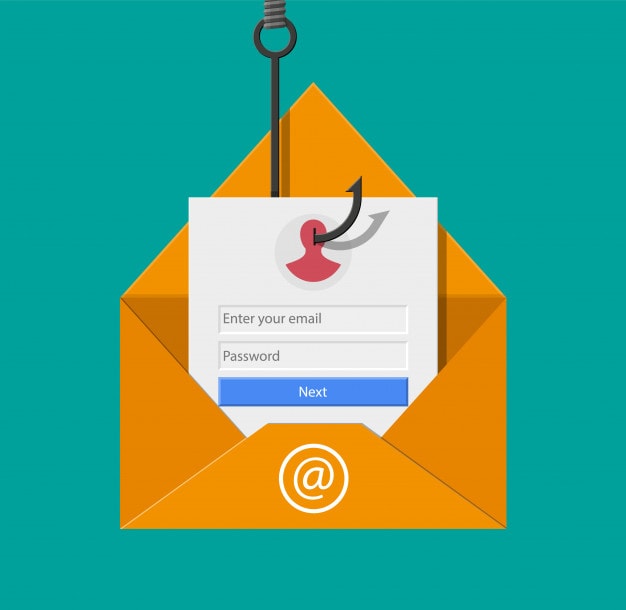Gross misconduct refers to an act that is so grave that it results in the instant dismissal of the employee in the organization and that too without any notice or PILON (payment in lieu of notice). It is indiscipline and so severe that the employers can give notice to the employee even if it is a first-time occurrence.
This type of behavior is seriously damaging to a person’s reputation. People look at a person accused of gross misconduct with disrespect and contempt.
Most of the organizations are clear about what they consider gross misconduct cases and what is referred to as misconduct so that there is no confusion if such a difficult situation arises, and they have to deal with it.
This type of behavior can cause severe implications and repercussions. It becomes important for employers to take disciplinary action that is lawful and fair to curb future instances in the organization.
The wrongdoing of any sort can cost the organization financial loss and damage its reputation in the market. In some cases, it can also result in legal action that can be harmful to the business.
If you are looking for gross misconduct vs. misconduct, then differences are between the two types of behavior and the severity of the action. The first is considered unlawful and grave, where there is no second chance. Still, although the latter is considered unacceptable, it does not justify instant dismissal; instead, it is given sufficient warning so that the act is not repeated.
Table of Contents
Examples of gross misconduct
Instances and examples of dishonesty, theft, and fraud that are under this serious offense include
- Forgery of work documents is a fraud
- Stealing is a serious offense and includes both pilfering of petty cash and stealing or robbing co-workers in the organization. It is considered theft in the workplace
- Some employees have the habit of taking away the office supplies from the office to their home for personal use. It is considered dishonest behavior and is included as a serious offense
- Claiming expenses that have not occurred is considered fraud
- Industrial espionage is a severe crime and making gains from such an act is a punishable offense
- Use of workplace for personal use or any fraudulent activities
Instances and examples of breaking safety and health rules as well as what is considered gross negligence under this serious offense include
- Not taking enough precautions for safeguarding a pregnant employee or an employee with serious health issues in the organization
- It is mandatory to use equipment with proper safeguards, and lack of it is breaking the safety rules and is considered a serious issue
- Chemicals can be dangerous, and if an employee is not taking necessary care it is considered gross negligence
- It is compulsory to wear protected clothing to safeguard yourself in dire circumstances. If an employee flaunts the rules and does not take proper safety precaution then it is breaking safety rules deliberately
Instances and examples of offensive and derogatory behavior that could lead to physical violence under this serious offense include
- Bullying and intimidating behavior
- Rape
- Sexual harassment
- Harassment
- Physical assault
- Fighting
- Intimidating behavior
- Over aggression that looks intimidating and offensive
- Offensive behavior that could damage workplace items
Instances and examples of workplace damage that are under this serious offense include
- Wilful damage like spraying arson
- Gross negligent behavior that can result in property or item damage in the workplace
Instances and examples of misdemeanor because of the use of drugs and alcohol that are under this serious offense include
- Arriving in the workplace under the influence of alcohol or drugs and unable to carry out the responsibilities of the job position
- Buying and selling of drugs at the workplace
- Using drugs in the workplace
How to handle gross misconduct
If an organization finds an employee with a severe case of misconduct that it considers gross, then it has the authority to dismiss him. But this is the time to be prudent and proceed with care.
Follow a fair and legal process so that there are no loopholes, and nothing comes back to bite you. Ensure a disciplinary procedure that is in compliance with the ACAS Code of Practice on disciplinary matters.
A fair investigation will ensure
- The employee is treated without any discrimination
- Has been told about the disciplinary action and procedure that will take place and all the possible results that can happen
- Has the right to defend himself against the allegations
It is essential to send a formal note inviting the employee to the hearing. There should be a person to take notes, and the chairperson should chair the meeting. If guilty, the employer has the right to dismiss the employee from his job position.
Fair dismissal
For the dismissal to be fair
- The employer and the management must be one hundred percent sure of the transgression that has been committed
- Was the behavior of the employee minor damage or a serious issue that could damage the reputation of the company
- Is it his first offense and is it serious enough to warrant instant dismissal
- What does the grievance and disciplinary policy of the organization say about this type of offense
- The management must have reasonable proof to support the claims it has made against the employee
- The management must demonstrate that a fair investigation was carried out
- It should inform how the conclusion was reached
- It is imperative to show that the dismissal was a reasonable response against the grave and serious misconduct that occurred
Conclusion
An organization hires an employee, thinking that he is a responsible citizen that will take its company forward with hard work. What happens if it turns out that he has been involved in gross misconduct?
Well, the apparent solution is instant dismissal so that the workplace is safe and sound once again.
Liked this post? Check out the complete series on Human resources

